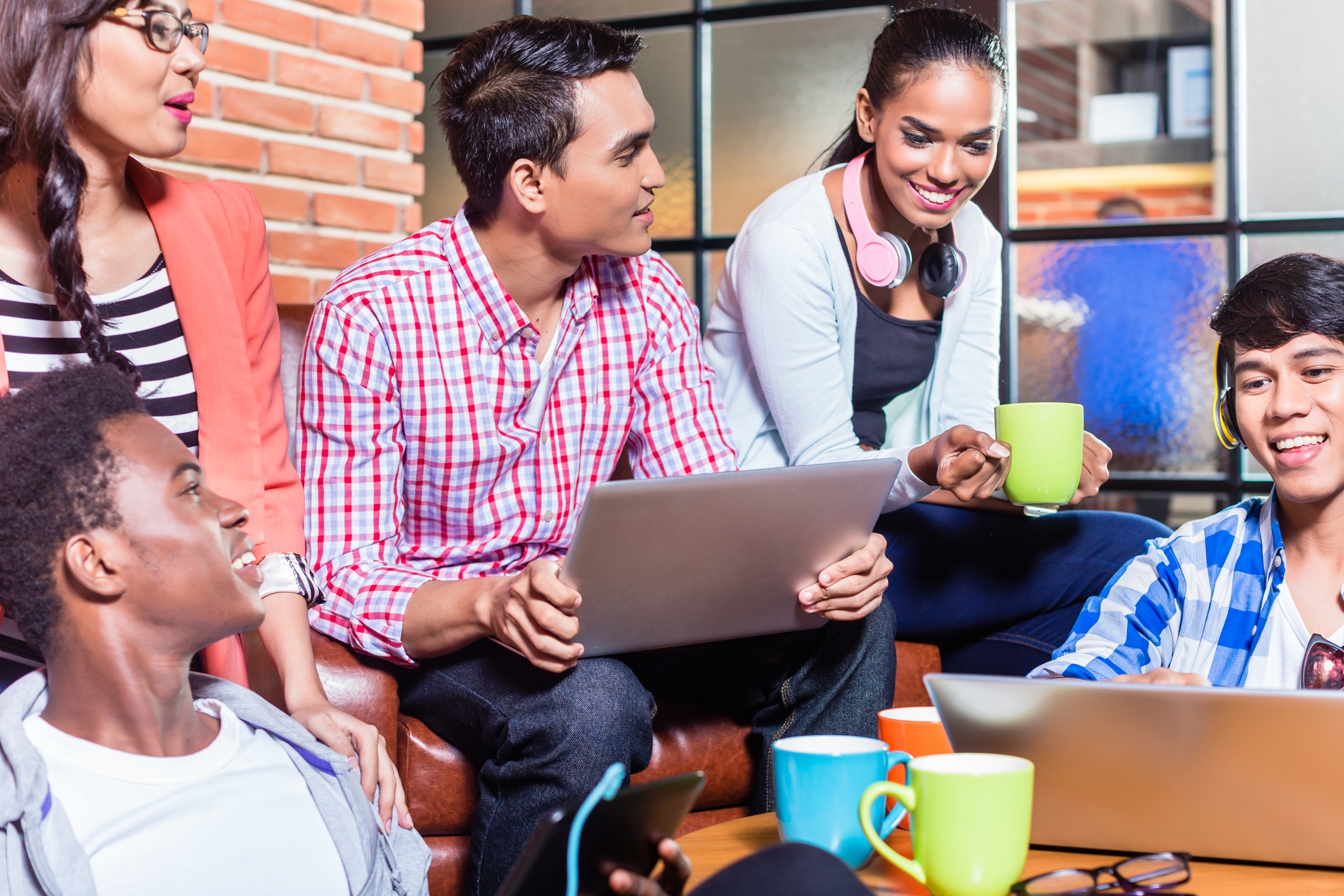
Consent Labs is an organisation, founded by current UNSW student Joyce Yu and Angelique Wan, to address the gap of sexual consent through education. It is a youth-run organisation, facilitating a platform for young people to learn how to navigate consent respectfully. It has created programs that cater to specific at-risk groups in society, such as: culturally and linguistically diverse students, Residential students and LGBTIQ+ students.
“We wanted to develop a program that addressed the needs of high school students and first year uni students. We know that not enough is being done to teach consent in high school, and this can lead to tragic circumstances in uni. We want to change that.”
Consent Labs deliver and adapt their programs so it is accessible to a wide range of audiences. This includes to students who identify as LGTBIQ+, international, or who have disability.
“In the current high school curriculum, teaching consent is largely up to the teacher and schools’ discretion. When it comes to teaching students who don’t identify as heteronormative, it’s hardly addressed. That’s why we strive for diversity in our presentations, and staffing.”
In 2017, the Australian Human Right Commission National Report on Sexual Assault and Sexual Harassment at Australian Universities found that in 2016, 51% of students were sexually harassed at least once, and that women were 3 times as likely as men to have been sexually assaulted in a university setting in 2015 or 2016. Consent Labs works with first year coordinators and groups across UNSW to inform and discuss sexual harassment, hoping that this may lead to a decrease in these statistics.
Consent Labs have partnered with the UNSW SRC to start a podcast series addressing different issues relating to sexual health. Joyce, Angelique and SRC Welfare Officer Nayonika Bhattacharya will be interviewing a wide range of people to hear first-hand from students from the Ethno-Cultural collective, Queer collective and other areas of the University.
“Sexual experiences are often nuanced. We work to not talk on behalf of a group, but instead provide a platform where they can talk freely about their personal sexual health experiences. We hope that our podcast will reach other young people who are learning about consent and challenge the attitudinal barriers surrounding this issue.”
The podcast SexEd and everything they got wrong will be available through the UNSW SRC Facebook and Arc on Monday 20 July at 7.30pm.
